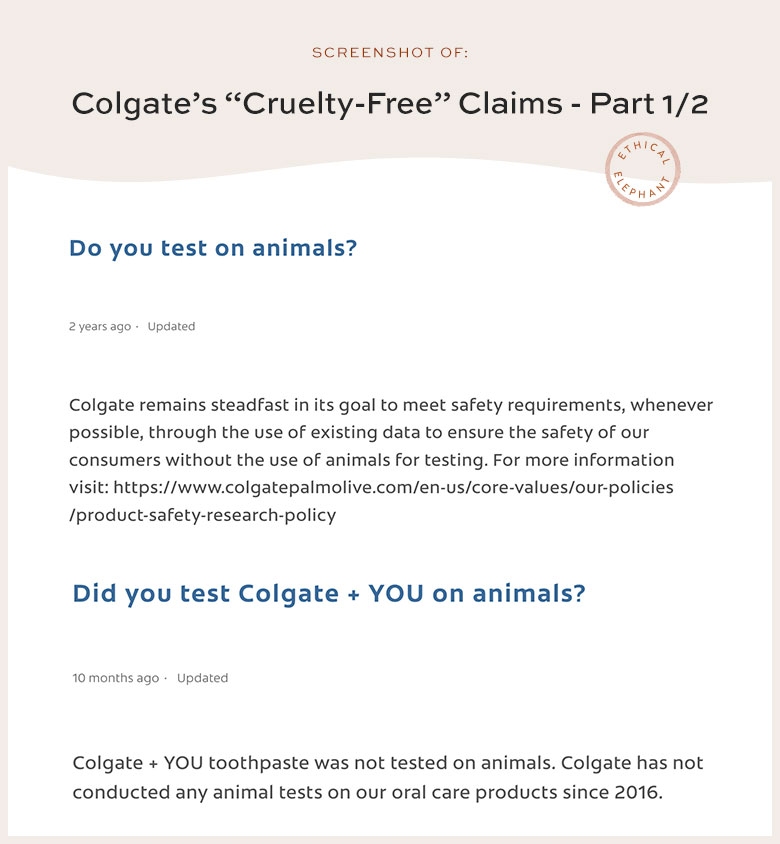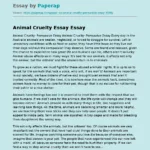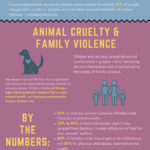In recent years, the beauty and personal care industries have undergone a transformative shift towards more ethical practices, with consumers increasingly demanding transparency regarding animal testing. Among the major players in this domain, Colgate-Palmolive Company, known for its oral hygiene products, has come under scrutiny. A growing chorus of voices questions whether Colgate is truly committed to being animal cruelty-free or if it continues to finance animal testing abroad. Examining Colgate’s practices illuminates broader issues surrounding corporate ethics, consumer responsibility, and the necessary evolution of the industry.
The term “cruelty-free” carries a specific connotation, often implying that no animal testing is conducted at any stage of product development. However, the reality is often more complex. Colgate has made statements and commitments that suggest a commitment to cruelty-free practices, but these declarations require careful examination. Many consumers are unaware that even companies that categorize themselves as cruelty-free may still engage in practices that involve animal testing, particularly when navigating regulations in countries where such practices are legally mandated.
First, it is essential to dissect Colgate’s stance. The brand highlights its commitment to animal welfare, asserting that it does not test its products on animals nor does it have third-party organizations conduct such tests on its behalf. However, this assertion becomes complicated when factoring in their operational footprint, which extends into global markets. In certain jurisdictions, particularly in Asia, animal testing remains a regulatory requirement for cosmetics. This discrepancy raises questions. Does Colgate abide by ethical standards when operating in regions enforcing such demanding practices? By continuing to sell its products in these markets, does it indirectly support animal testing?
Historically, Colgate has faced accusations of being complicit in animal cruelty. Numerous activists have pointed out that even well-intentioned brands can perpetuate suffering indirectly. Many consumers may be swayed by a brand’s marketing that emphasizes animal welfare without delving into the associated ethical dilemmas. As companies expand into international marketplaces, they often confront local laws that prioritize human safety over animal welfare, leading to a precarious balance between moral integrity and commercial viability.
Moreover, the narrative around animal testing is evolving. New technologies and methodologies are emerging that mitigate or completely eliminate the need for animal subjects. In vitro testing, computer modeling, and human cell cultures are all viable alternatives, paving the way for companies to assert their commitment to ethical practices more rigorously. Nevertheless, the implementation of these humane alternatives often requires substantial investment and innovation, which may not be prioritized by corporations focused on maintaining their bottom line.
Colgate has made strides to invest in such technologies, indicating a potential willingness to shift away from traditional testing methods. This evolution signals hope that the company could align itself more completely with a cruelty-free ethos. Nevertheless, considerable skepticism remains. Proof of an unwavering commitment to ending animal testing should not merely reside in declarations but should also manifest in observable actions and dedicated policy changes.
Furthermore, consumer awareness plays a vital role in shaping corporate responsibility. As a society, there is a growing obligation to scrutinize the products we choose and their implications for animal welfare. Engaging in conscientious consumption requires not only examining labels but also researching products and understanding the practices of the brands behind them. The collective voice of consumers challenging the status quo can foster significant change, compelling companies like Colgate to reconsider their practices globally.
The paradox of consumer demand for ethically produced products juxtaposed with corporate practices that may still tacitly endorse animal testing raises pressing questions. Are the wants and needs of consumers stronger than corporate resolve? The reality is that profit-driven motives often overshadow ethical commitments. Yet, the tide is slowly changing as consumer sentiment shifts and employees within companies advocate for animal rights and more humane practices, potentially influencing corporate policies from within.
Additionally, authentic change is not just about declarations; it requires stringent accountability and transparency. Companies must provide clear and accessible information regarding their testing protocols and supply chain practices. Transparency fosters trust and facilitates informed consumer choice. This level of openness is sorely needed in an industry rife with murky standards and varying definitions of what constitutes cruelty-free.
The fabric of consumer welfare, animal rights, and corporate responsibility is undoubtedly intricate. Colgate’s positioning within this landscape illustrates the necessity for ongoing dialogue and advocacy. The question remains: is it feasible for consumers to hold major companies accountable while still aligning with their personal values? The answer lies in sustained engagement, awareness, and a collective push towards systemic change.
As awareness continues to grow around the issues of animal welfare, brands like Colgate must confront the dichotomy between profits and ethical responsibility. While progress has been made, vigilance is essential. The unethical plight of animals in research facilities highlights an urgent need for complete transparency and unwavering commitment to humane practices. Only through sustained advocacy and informed consumer choices can we envisage a future where products, regardless of their functionality, are developed without inflicting suffering upon sentient beings.










